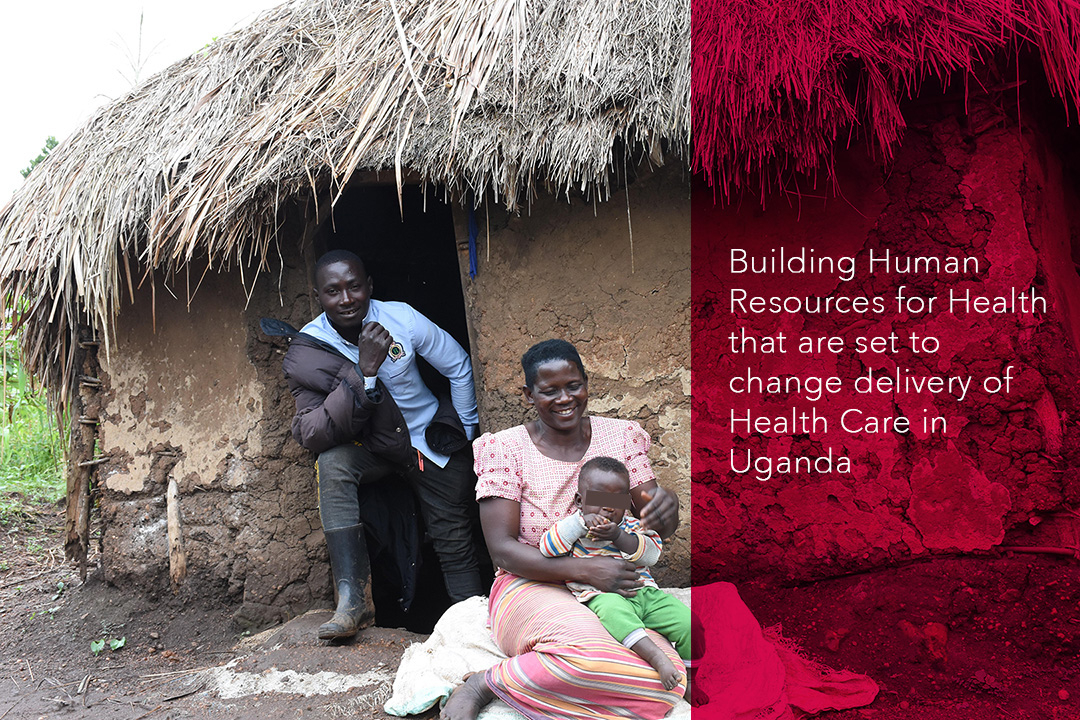Fida totally has no problem with her eyesight now: her mother testifies
Ms. Nanyombi Dorothy is the mother of three-year-old Fida Birungi, a beneficiary of the Comprehensive and Inclusive Disability…

At MIHS, we strongly believe that our students and our programs will create impact by building Human Resources for Health that are set to change delivery of health care in Uganda and the world. We build talented people through our programs, regardless of their background and turn them into resourceful innovators and leaders ready to change health systems.
MIHS is committed to work and walk with you on this journey. We need your help to support scholarships, research programmes and MIHS led community initiatives that will change lives for the better.
Ms. Nanyombi Dorothy is the mother of three-year-old Fida Birungi, a beneficiary of the Comprehensive and Inclusive Disability…
Ms. Mwansimu Fatuma is a mother of five living in Kijaluo, Nakasongola district. Since she had successfully delivered four of her…
Namuleme Gift was born in 2005 to Ms. Nanyombi Dorothy. In her early years of birth, like any other parent, Ms. Dorothy was…
Joshua's parents were shocked when their son was born with a severe cleft lip and palate. They considered this a curse which had…
04-year-old Cerinah has never crawled nor sat upright in her life. She can only sit with the aid of sitting frames, and when they…
Allen Namuyaba was 17 years of age when she gave birth to her first born in 2016 at Kikandwa HCIII, Mubende District. It was…